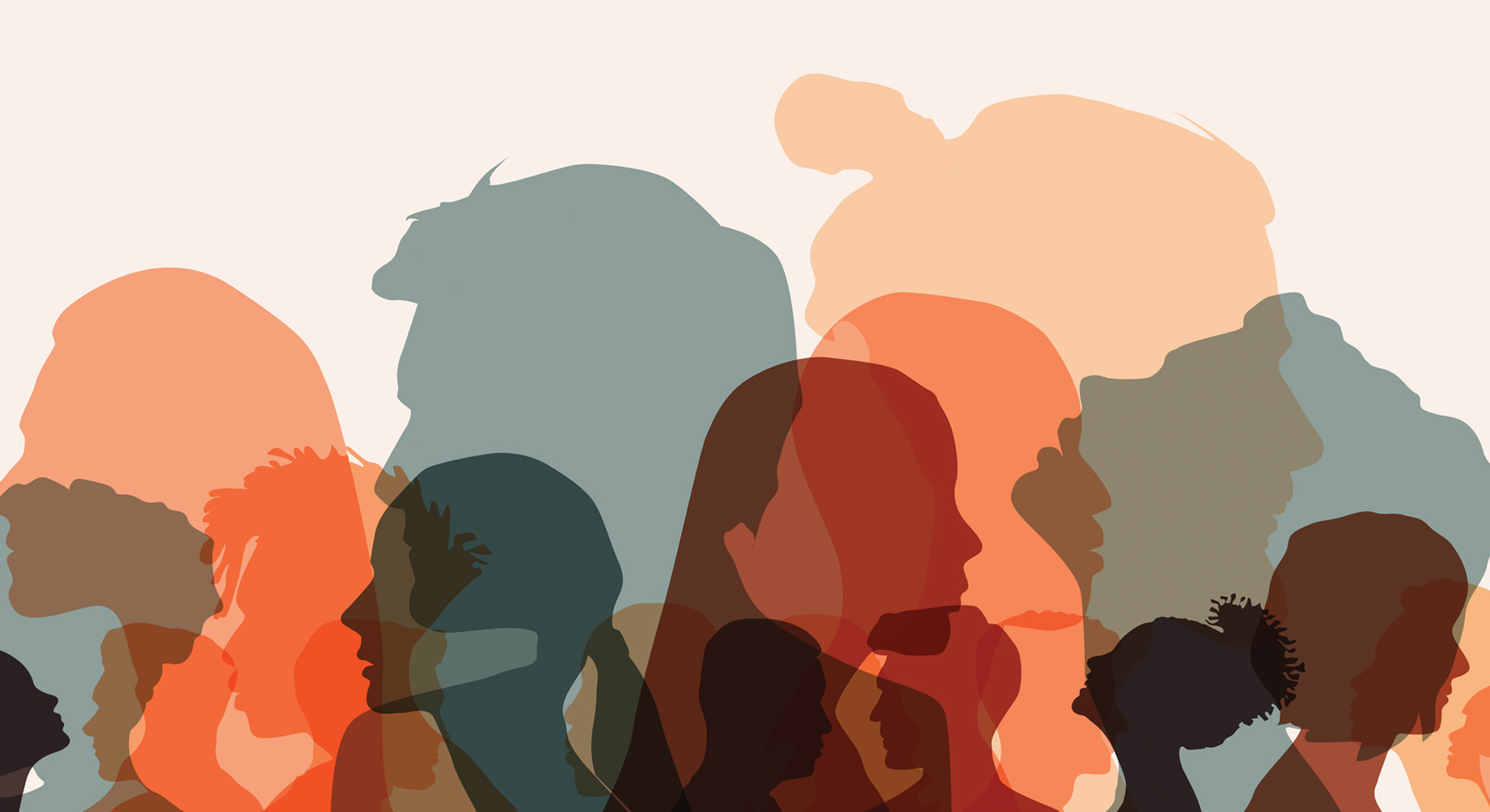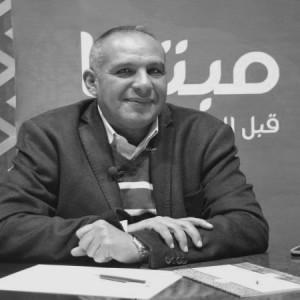

On Dialogue: Players or Pawns? - Yousri Mostafa
Since the end of the last century, the concept of dialogue has witnessed a remarkable rise, reaching its pinnacle in the first two decades of this century. Its varieties would encompass civilizational, cultural, social, political, national, generational, and other dialogues. In parallel, "dialogue" has gained a significant position in politics and religious and cultural discourses. It has also become a fundamental topic in human development as a subject for training and capacity development. Thus, "dialogue" has become more than just a word or a means of communication. Some consider it a "value" in itself, while others see it as a strategy for cultural, political, or religious change. This unprecedented rise of the concept of "dialogue," reinforced by the ideology of "dialogue of civilizations," raises questions about its nature and usefulness as a strategy for change.
In this article, we illuminate the nature of the concept, its contexts of use, and employment mechanisms. First, as mentioned, the word dialogue is not new but has witnessed a terminological transformation in recent decades. Some have sought to give the word a conceptual character to distinguish it from other concepts such as argument, negotiation, and debate. This modern and current interest coincided with the decline of the left and right ideologies and the growing interest in issues of civilizations, cultural diversity, religions, and identity politics.
In this historical context, dialogue moved from the realm of words to the realm of concepts. In the ideological sense, it became a value worthy of preservation, an achievable goal, and a strategy that the forces of change must understand, adopt, and implement. It is the meeting point of civilizations, the arena of coexistence of followers of different religions, the space for communication between political opponents, and the passageway for understanding between generations. This momentum made it into an axiom at the international and local levels, and even at the grassroots levels, thus becoming the ideal, available, and non-confrontational refuge for change and an alternative to the well-known traditional means that followed more confrontational paths to change the balance of power and defend interests and rights.
"Dialogue agendas" are placed at the table, raising some questions. On the one hand, when considering "dialogue" as a value and a goal, the fact that the parties sit at the dialogue table becomes sufficient regardless of the results, which are usually marginal. It is noticeable in many dialogues between followers of religions or in national dialogues. However, this is like saying that "enacting laws makes their implementation unnecessary."
On the other hand, many topics are matters for consensus and binding, especially in national political dialogues. They do not require dialogue but rather the will to implement, including issues that are supposed to be binding constitutionally, by international commitments, or included in national strategies. This raises an obvious question: What is the purpose of dialogue then? And what can it add to what is known constitutionally, logically, and perhaps morally?
The third issue relates the parties to the dialogue and the concept of representation. It concerns the type of dialogue, as dialogues between cultures, civilizations, and religions are represented based on their respective identities. Although the equation looks easy, it can be deceptive. Often, societies of great diversity and difference are reduced to an exclusive religious representation. This is apparent in societies in which the majority profess Islam. They are reduced to an Islamic religious representation, concealing reality and promoting stereotypes.
Nonetheless, things may be more complicated with national political dialogues, where the dialogue parties are composed of political identities that usually lack sufficient political or social capital. They may represent identities or orientations more than they represent actual social forces. Thus, the dialogue becomes an image separate from reality, a scene whose function may be to conceal rather than reveal.
In this sense, the dialogue reflects a gap between image and reality. It is worth noting that the political and cultural connotations of the concept of dialogue that shape its scene differ significantly from its connotations in popular culture that reflect reality. In Egypt, for example, the word dialogue in popular culture, especially among the younger generations, seems utterly contradictory to the cultural and political connotations that dialogue advocates seek to promote and market. The word dialogue in Egyptian popular culture carries the negative connotations of evasion, procrastination, and deception. Some of these connotations may be derived from the game of football, in which a good interlocutor is the one who can penetrate and evade. Here, the gap appears between dialogue discourses in the intellectual and political sphere, on the one hand, and popular culture and social practices, on the other.
I conclude by borrowing from Sigmund Freud the concept of masked memories or Screen Memory, where childhood memories may be retrieved in a deceptive manner or in a way that exaggerates or diminishes the importance of the original event, thus hiding another memory of greater or deeper importance. Can "dialogue" be described as a masking or "screening" strategy?
If we assume that dialogue is viewed as an end in itself, if the topics of dialogue are issues that should be binding, and if the representation of the parties to the dialogue is without political or social capital, then the matter is nothing more than a scene or Screen Dialogue, on which we may be dependent, but it is difficult to bet on.
Yousri Mostafa
Recent publications

